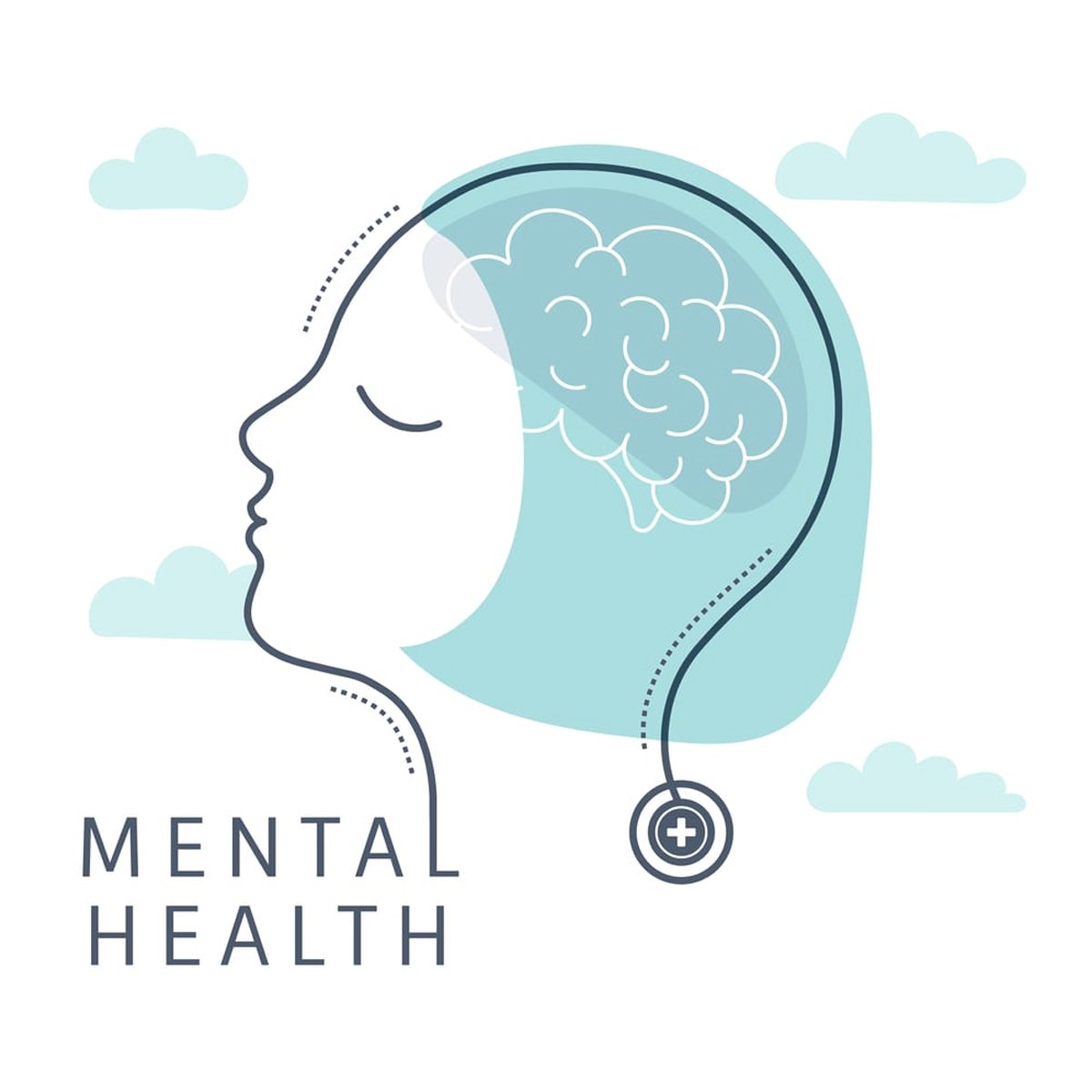Wellness Is A Key
In our quest for a balanced life, wellness has become a key focus, encompassing more than just physical health; it also includes managing stress, fostering positive relationships, and enhancing overall life quality. By adopting a holistic approach to wellness, individuals can improve resilience, productivity, and experience personal fulfillment.
Practicing Self-Care
Central to maintaining wellness is self-care, which encompasses physical, emotional, social, intellectual, occupational, and spiritual well-being. Techniques vary among individuals and may involve regular exercise, nutritious eating, mindfulness practices like meditation or yoga, and engaging in hobbies that bring joy and relaxation.
Integrating self-care into daily routines helps manage stress and promotes long-term health. Recognizing the interconnectedness of various wellness dimensions allows individuals to make intentional choices that foster a healthier lifestyle. Additionally, developing self-regulation skills—such as cultivating self-awareness, setting realistic goals, practicing emotional intelligence, and utilizing effective coping strategies—enables individuals to navigate life’s challenges with greater resilience and adaptability.
Challenges in Self-Care
Despite its benefits, self-care often comes with challenges, particularly in finding time amidst a hectic schedule. Even small, intentional acts of self-care, such as taking a short walk, practicing deep breathing exercises, or enjoying a brief moment of solitude, can make a significant difference. Stress, a major barrier to effective self-care, can be managed through techniques that reduce its impact, such as yoga, meditation, or engaging in favorite hobbies.
Support from friends, family, or mental health professionals plays a crucial role in maintaining overall well-being. Building a strong support network provides a sense of belonging and connection, which are essential for mental health.
Expanding Wellness Awareness and Community Involvement
Expanding our awareness and understanding of wellness involves educating ourselves and our communities about the importance of mental health alongside physical health. Schools, workplaces, and community centers are pivotal in integrating wellness programs that teach stress management, emotional regulation, and healthy habits.
Technology and Professional Support in Wellness
The role of technology in promoting wellness continues to expand, with apps that track fitness, meditation, and dietary habits providing valuable health insights. Virtual therapy and online support groups make mental health support more accessible.
It’s also crucial to have access to mental health professionals who offer therapy and guidance, ensuring support systems are in place to help individuals navigate their wellness journeys.
Prioritizing Wellness in Daily Life
Embracing wellness means more than attending to physical health; it involves nurturing mental health and relationships. It requires proactive steps to enhance the overall quality of life and happiness. Today’s technology supports our wellness through innovative products and services that assist in maintaining our health and well-being.
FAQ
How do I feel at this moment?
- Take a moment to pause and reflect on your current emotional state. Ask yourself if you feel stressed, relaxed, anxious, or joyful. Understanding your emotions can help you manage them more effectively and make decisions that contribute to your well-being.
What is taking up most of my headspace at the moment?
- Identify the thoughts or concerns that dominate your thinking. Are these thoughts productive, or are they causing you unnecessary stress? Recognizing what occupies your mind can help you address issues more constructively or learn to shift your focus towards more positive and beneficial thoughts.
What or who makes me happiest?
- Reflect on the people, activities, or environments that bring you the most joy. This could involve spending time with loved ones, pursuing a hobby, or simply being in a particular place. Understanding what makes you happy can guide you to incorporate more of these elements into your daily life.
What will I engage in today to bring myself joy?
- Plan to engage in at least one activity that will make you happy today. It doesn’t need to be a large or time-consuming event; even simple pleasures like enjoying a favorite coffee, reading a good book, or taking a leisurely walk can enhance your mood and overall sense of well-being.
What am I most committed to?
- Consider what values, goals, or aspirations are most important to you. This could relate to your career, personal development, family life, health, or any other area that holds significant meaning for you. Recognizing these commitments can help you prioritize your actions and ensure that your daily life reflects your true priorities.
Who or what inspires me the most?
- Identify a person, community, or ideal that motivates you to be better or challenges you to grow. Inspiration can come from a variety of sources—mentors, books, nature, art, or even historical figures. Drawing inspiration from these sources can provide the drive to pursue your goals and improve yourself.
Do I have enough quiet time with myself?
- Assess whether you are setting aside enough time for solitude, which is essential for decompressing and reflecting on personal needs and experiences. Quiet time can involve meditation, contemplation, or any form of peaceful alone time that helps you recharge and clear your mind.




